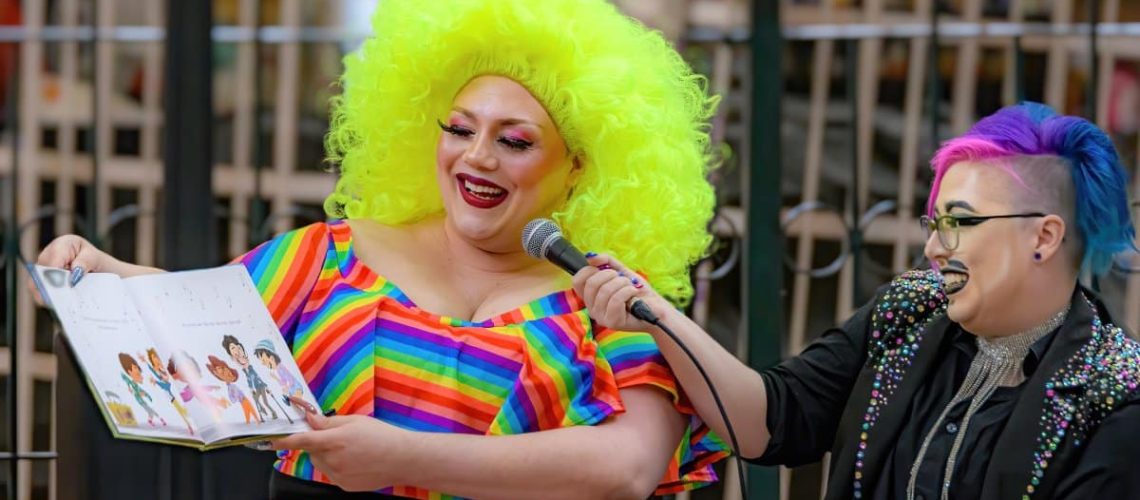Drag Queen Story Hour (DQSH) has stirred significant controversy in communities across the United States. Supporters hail it as a beacon of inclusivity and cultural enrichment, while detractors argue it poses moral and safety concerns. The discourse around DQSH is complex, polarizing, and deeply emblematic of broader societal debates.
1. Origin and Intent
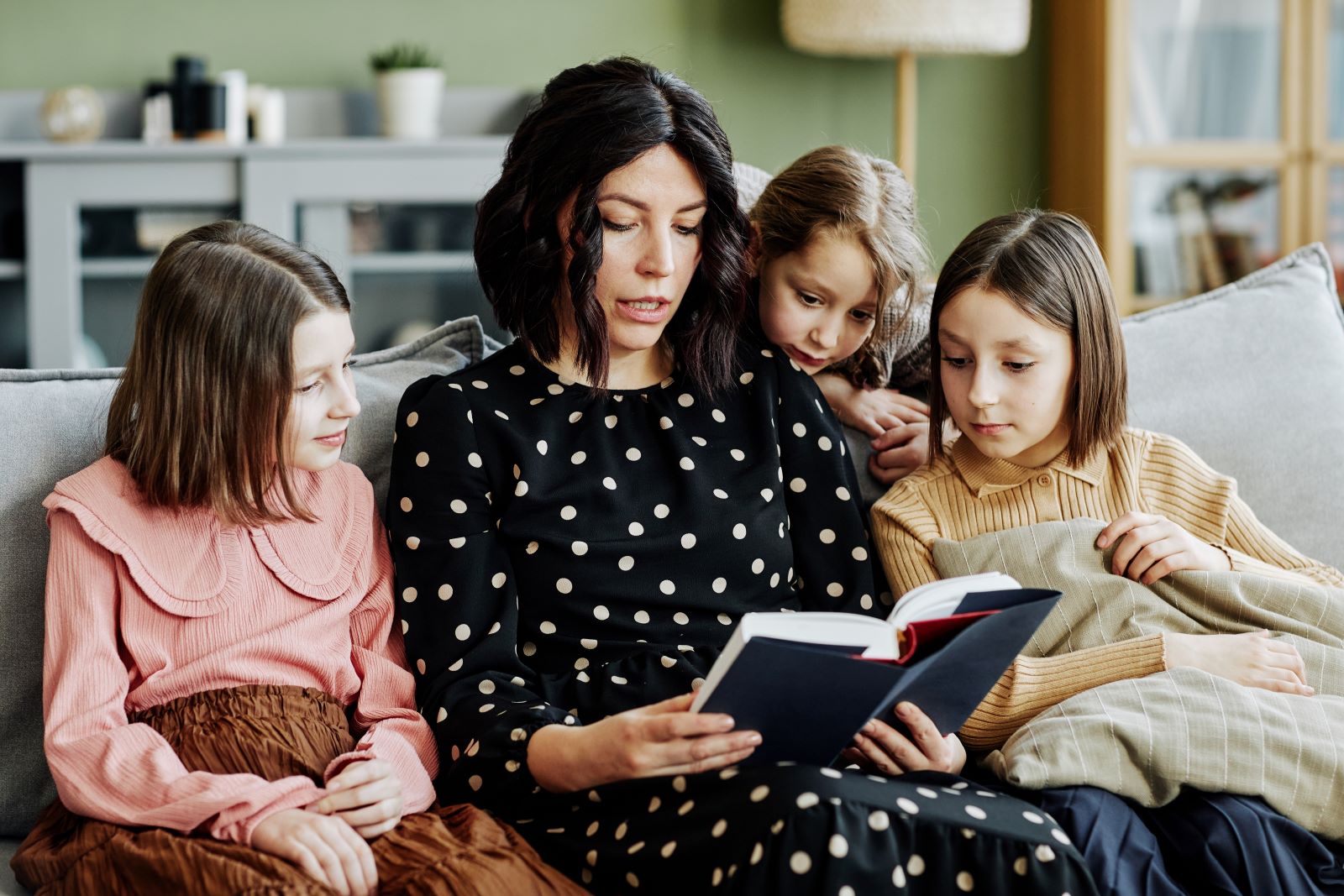
Originating in San Francisco in 2015, Drag Queen Story Hour was designed to promote literacy and inclusivity by having drag queens read stories to children in libraries, schools, and bookstores. Its founders intended to foster acceptance and diversity among the youngest members of society.
2. Advocates’ Perspective
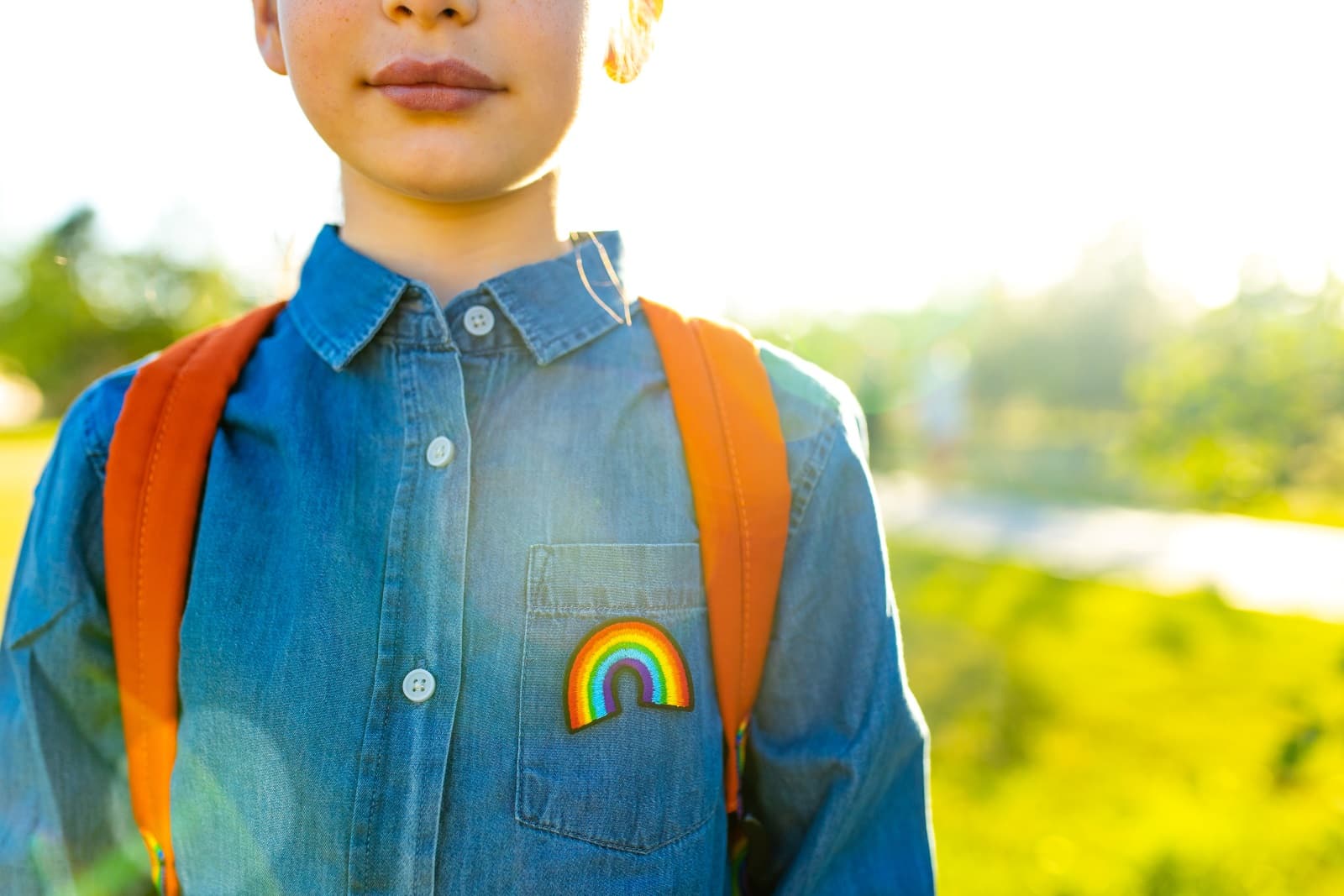
Proponents of DQSH view it as a vital tool for teaching children about diversity and tolerance. They argue that exposing kids to different identities and expressions can lead to a more inclusive future.
3. Backlash and Protests
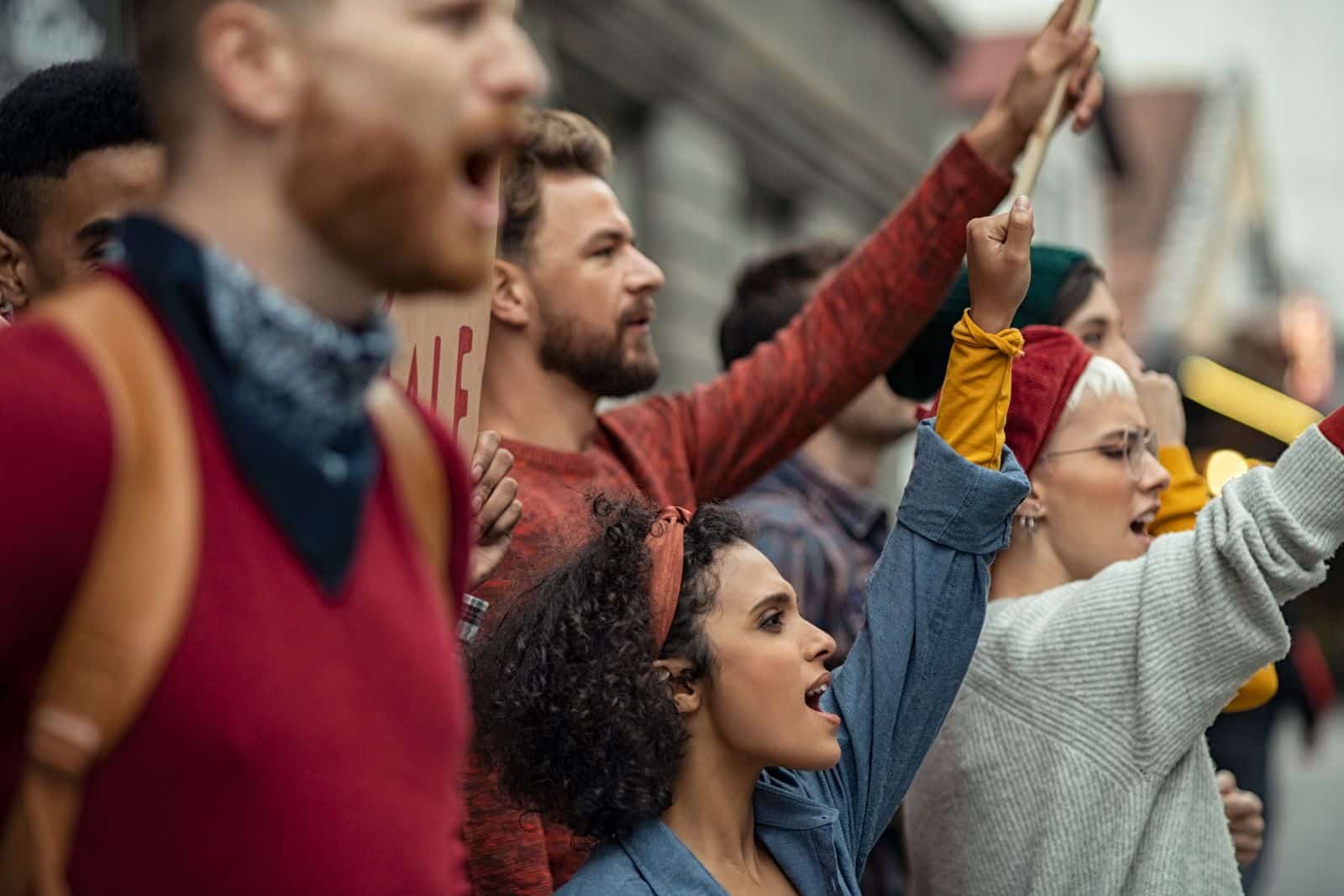
Many communities have faced backlash against DQSH, with protestors citing concerns over exposing children to “adult” themes. Some argue that the events are inappropriate for young audiences and clash with traditional family values.
4. Political Responses
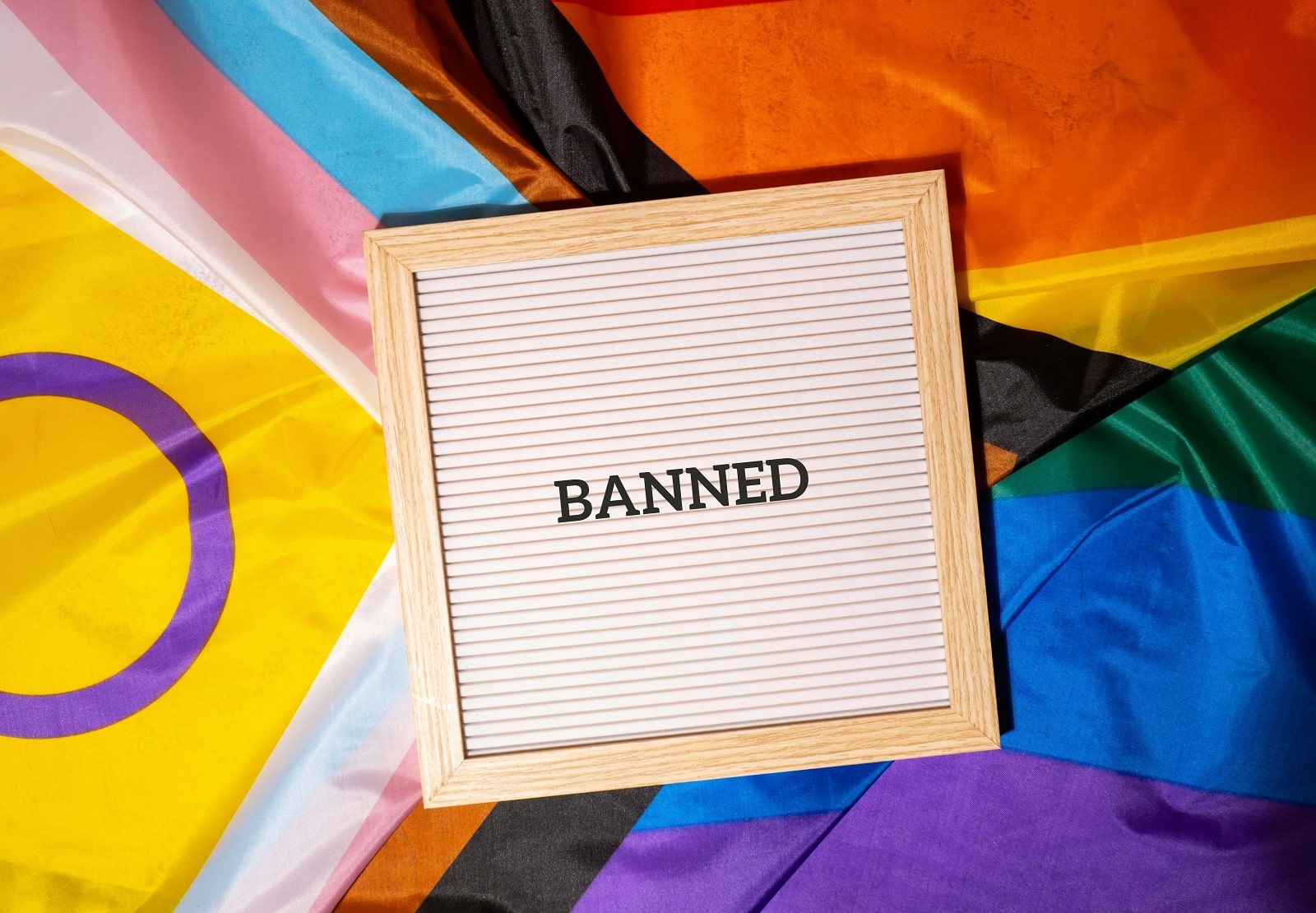
The phenomenon has drawn political attention, with several states proposing or enacting legislation to ban DQSH in public-funded venues. These legislative efforts often reflect a broader political divide on issues of gender and sexuality.
5. Safety and Security Concerns
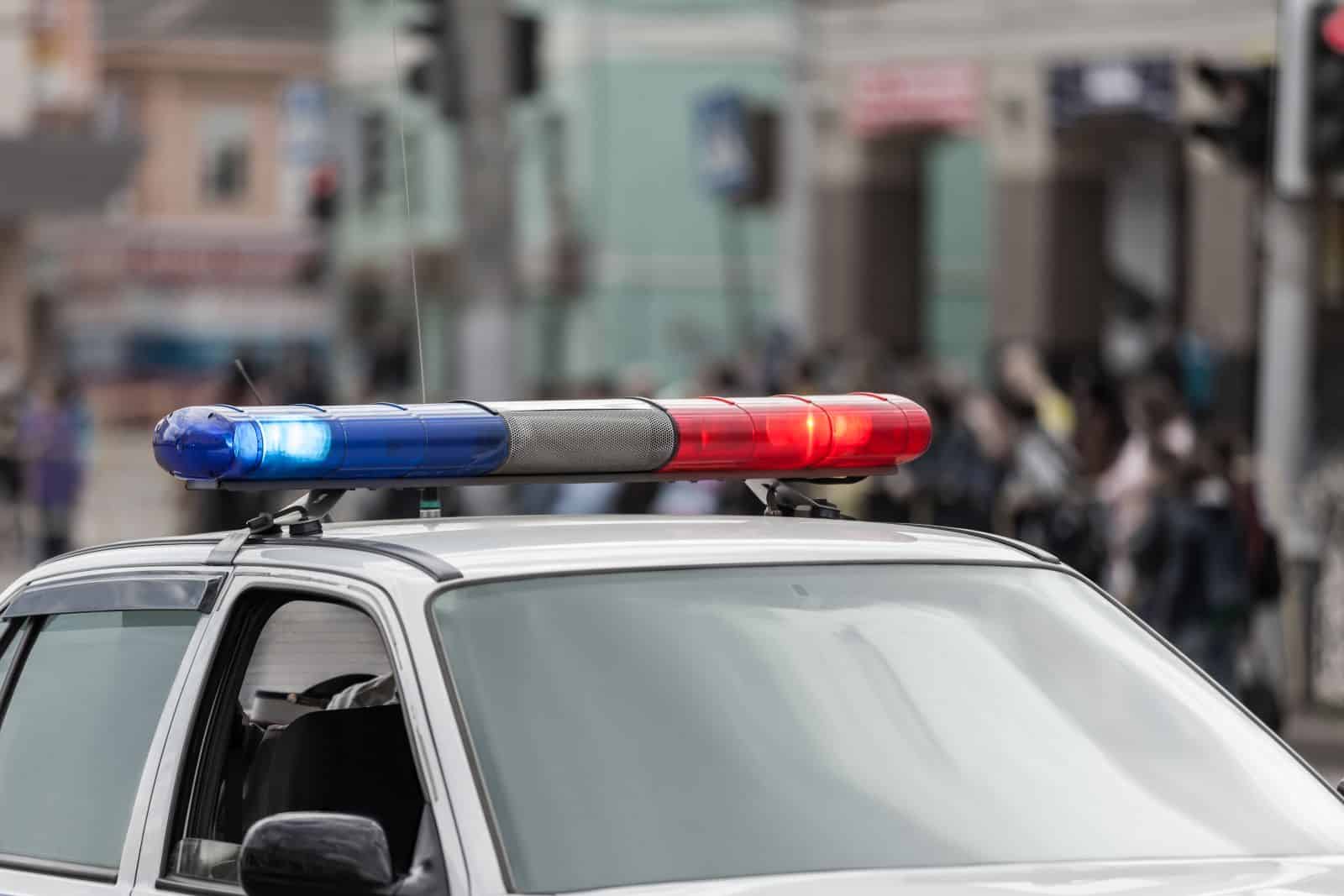
Incidents of threats and disruptions have marred DQSH events. Opponents have sometimes resorted to intimidation tactics, raising concerns about the safety of participants and performers.
6. Media Portrayal
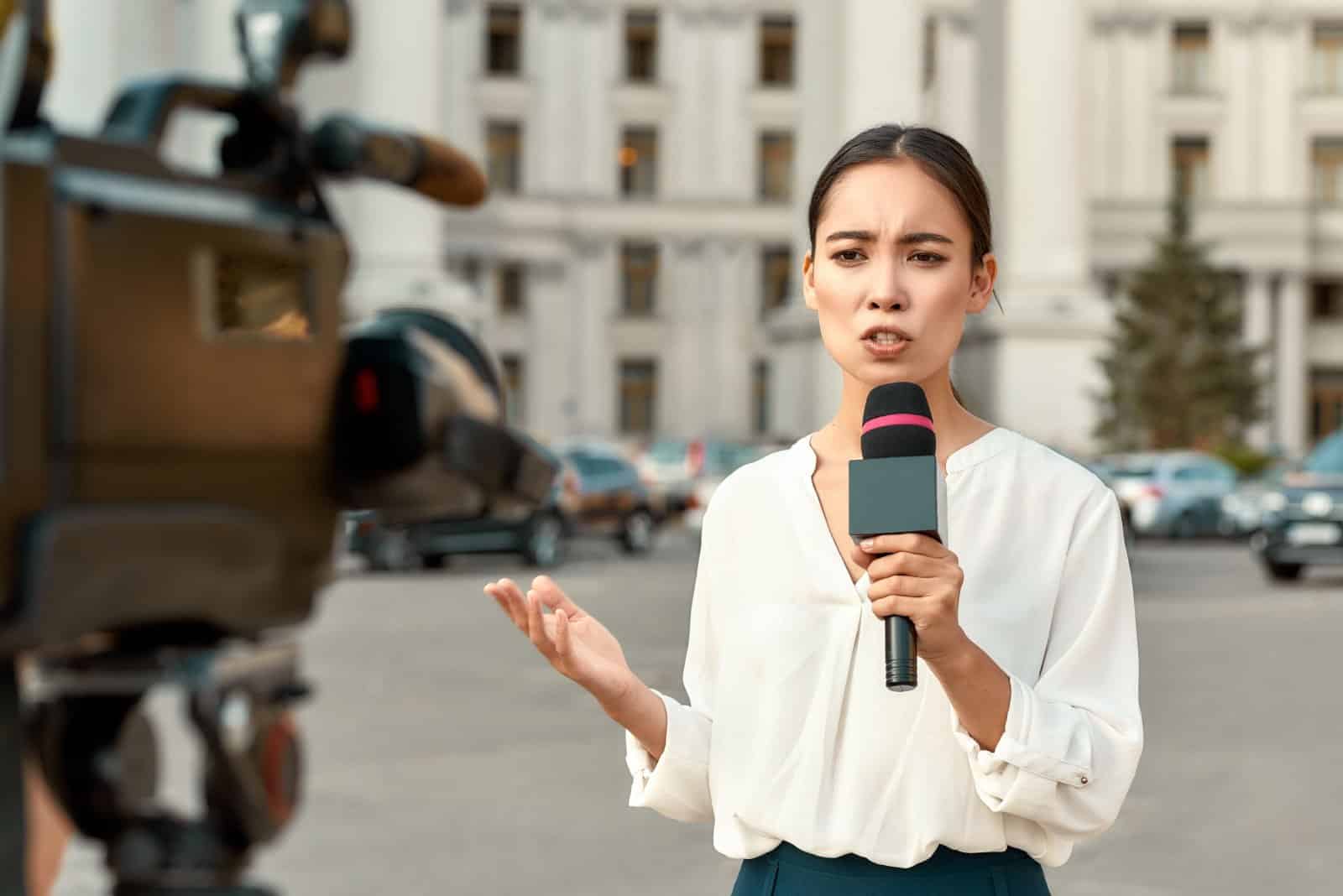
Media coverage of DQSH tends to be polarized, often reflecting the outlet’s broader editorial stance. Conservative media frequently portray the events as part of a “culture war,” while progressive outlets emphasize their educational and inclusive benefits.
7. Legal Battles
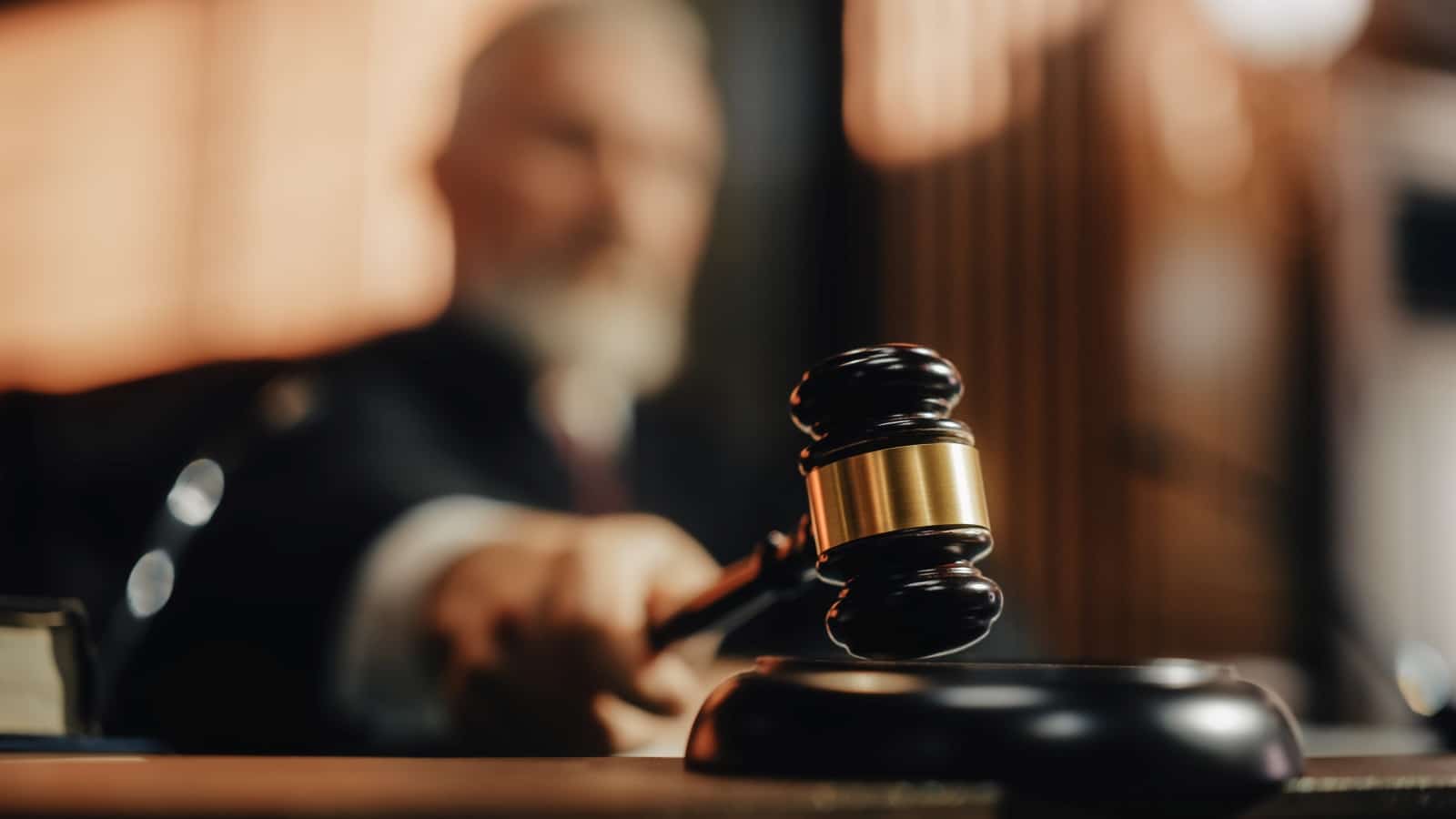
Some DQSH events have led to legal challenges, with opponents arguing that they violate community standards or public decency laws. These cases often become battlegrounds over First Amendment rights.
8. Impact on Children
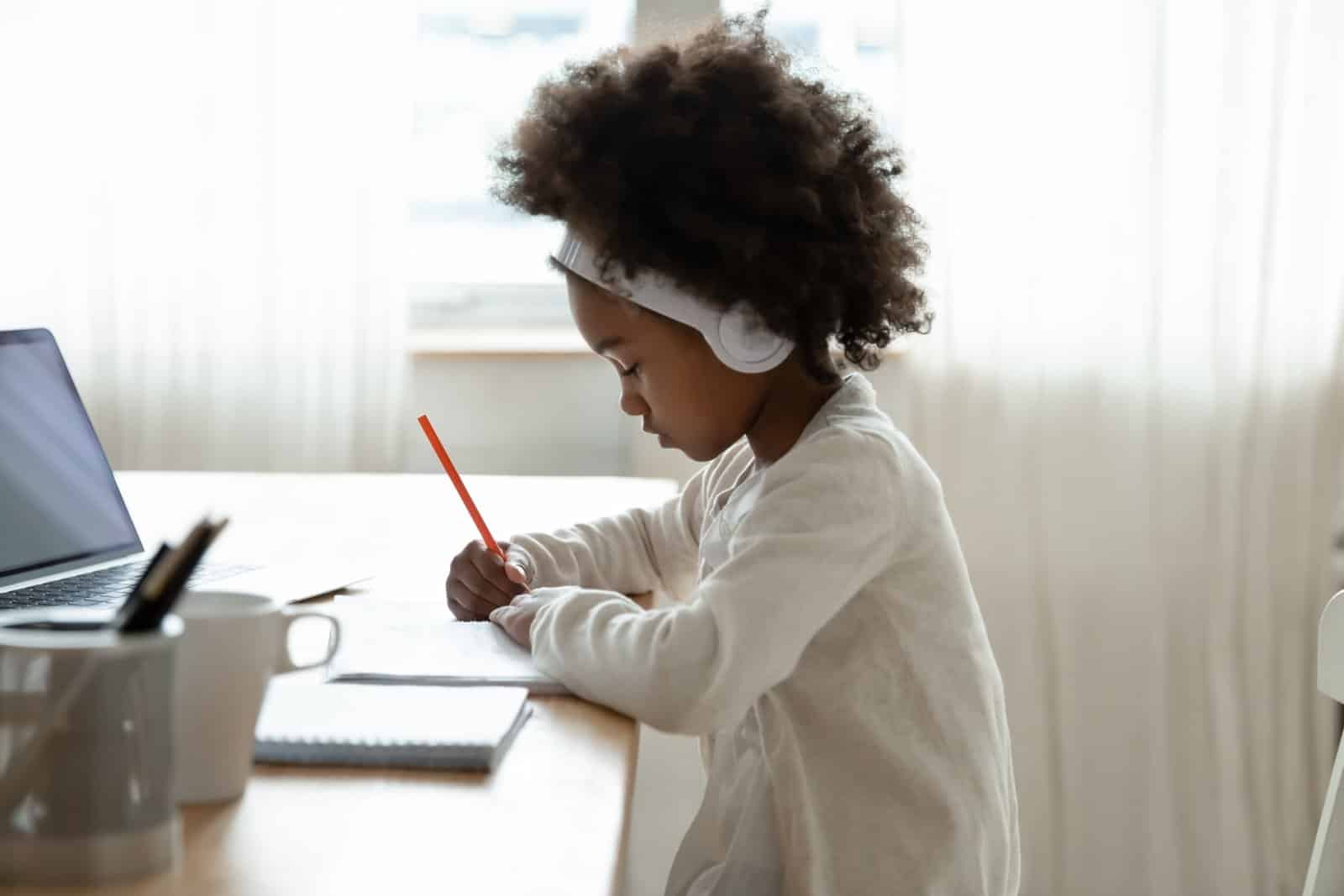
While there is no conclusive evidence that DQSH has a negative impact on children, critics argue that it confuses young minds about gender and sexuality. Meanwhile, supporters maintain that the events promote empathy and understanding.
9. Role of Libraries and Educators

Libraries and schools hosting DQSH face a dilemma: support free expression and inclusivity or yield to community pressure. This has led to varied policies, with some institutions embracing the events and others shying away due to controversy.
10. Parental Rights and Responsibilities
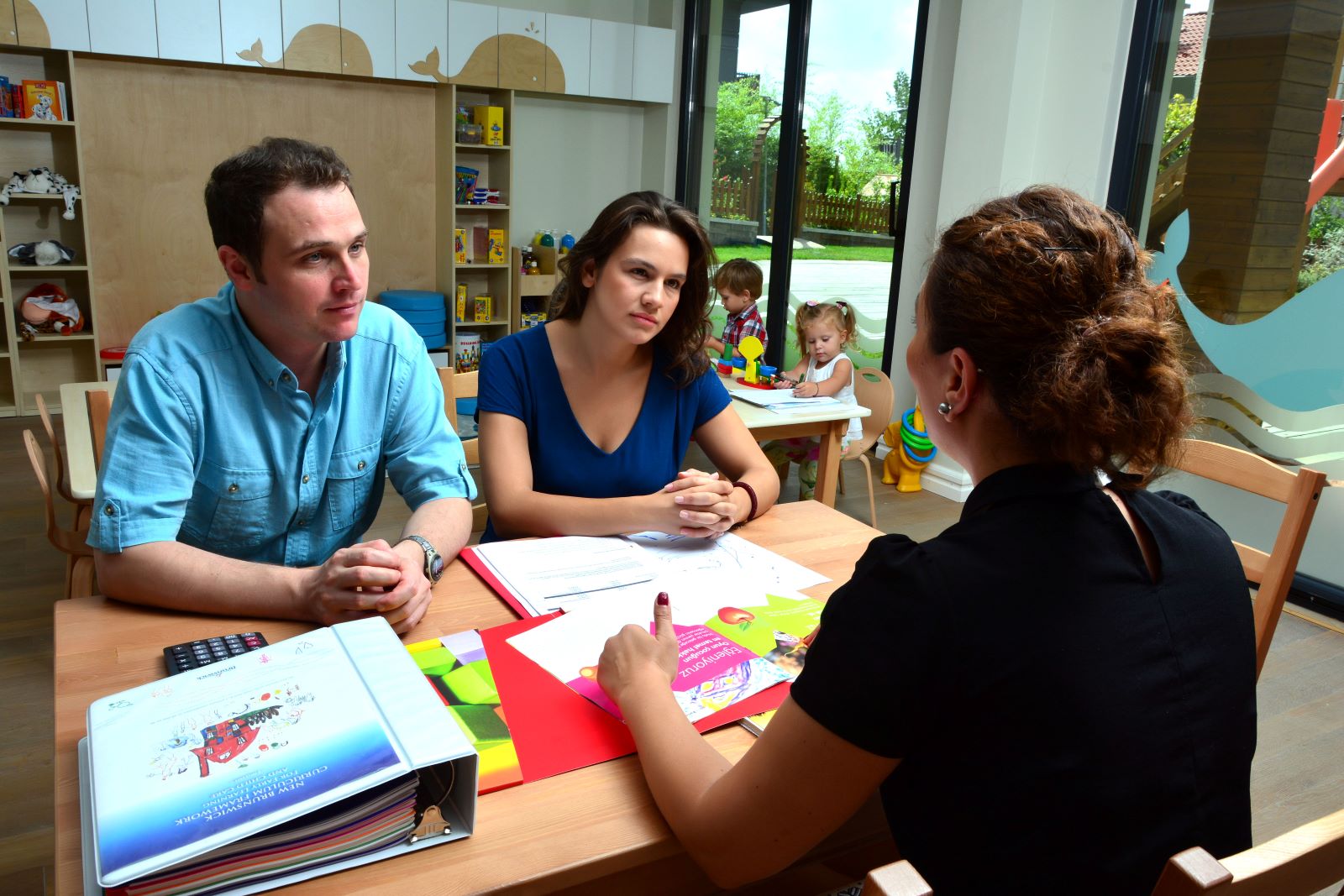
A significant aspect of the debate centers on parental rights. Opponents of DQSH claim that parents should have the ultimate say in their children’s exposure to such content, while supporters argue for a more open educational approach.
11. The Question of Age Appropriateness
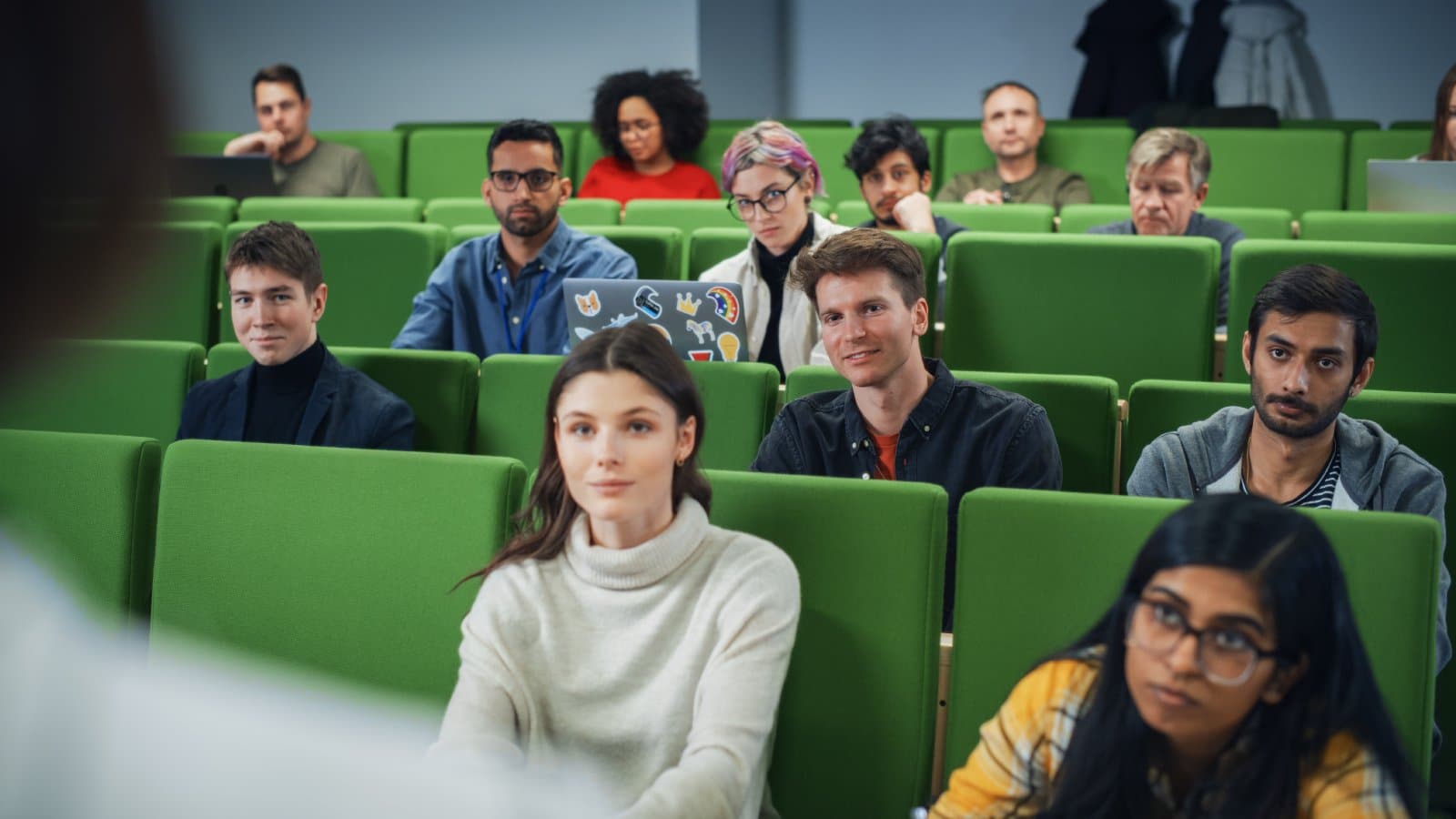
Critics often question the age-appropriateness of DQSH, arguing that discussions of gender fluidity and sexuality should be reserved for older children or guided by parents.
12. Cultural Impact
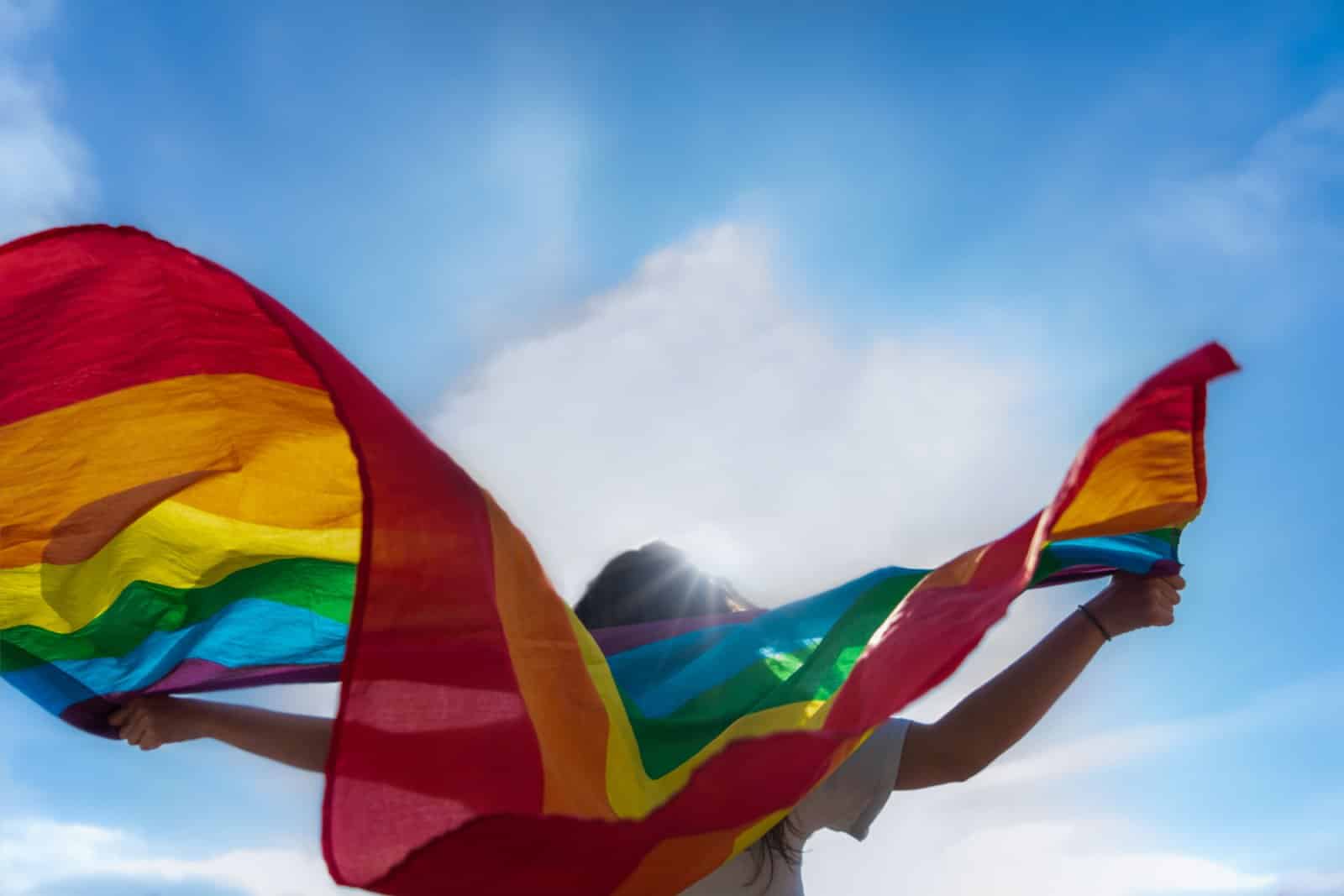
Regardless of one’s stance, DQSH has undeniably impacted the cultural landscape, challenging traditional norms and sparking conversations about inclusivity and identity.
13. Funding and Sponsorship
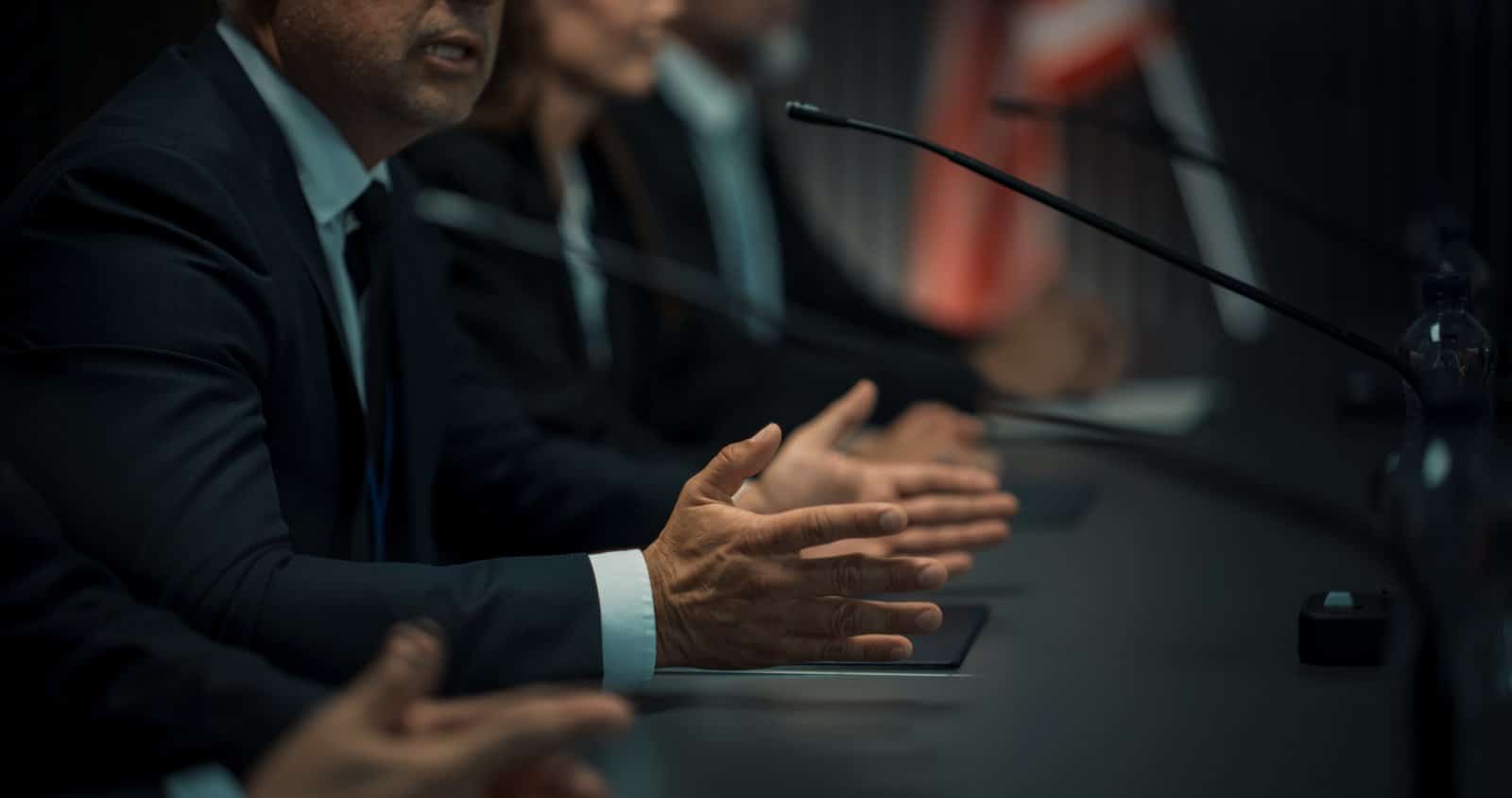
Funding for DQSH often comes under scrutiny, with critics questioning the use of public funds for such events. This has led to debates about the allocation of resources in public institutions.
14. Training and Background Checks
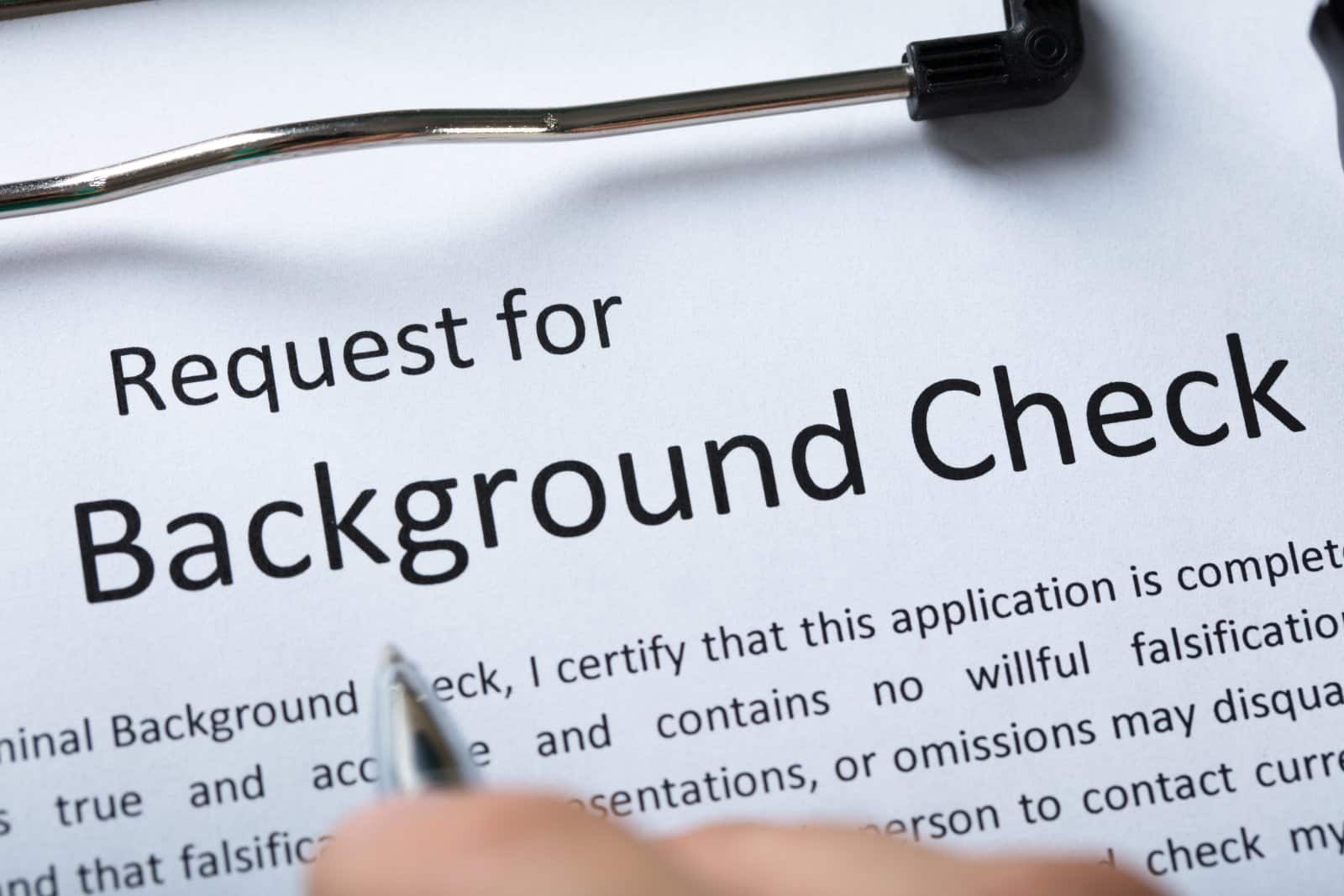
Concerns about the vetting and training of DQSH performers have been raised, with some demanding stricter background checks to ensure child safety.
15. Influence on Public Opinion

DQSH has influenced public opinion on LGBTQ+ issues, with some viewing it as a step forward in acceptance and others seeing it as an overreach into children’s education.
16. Role of Religion and Morality
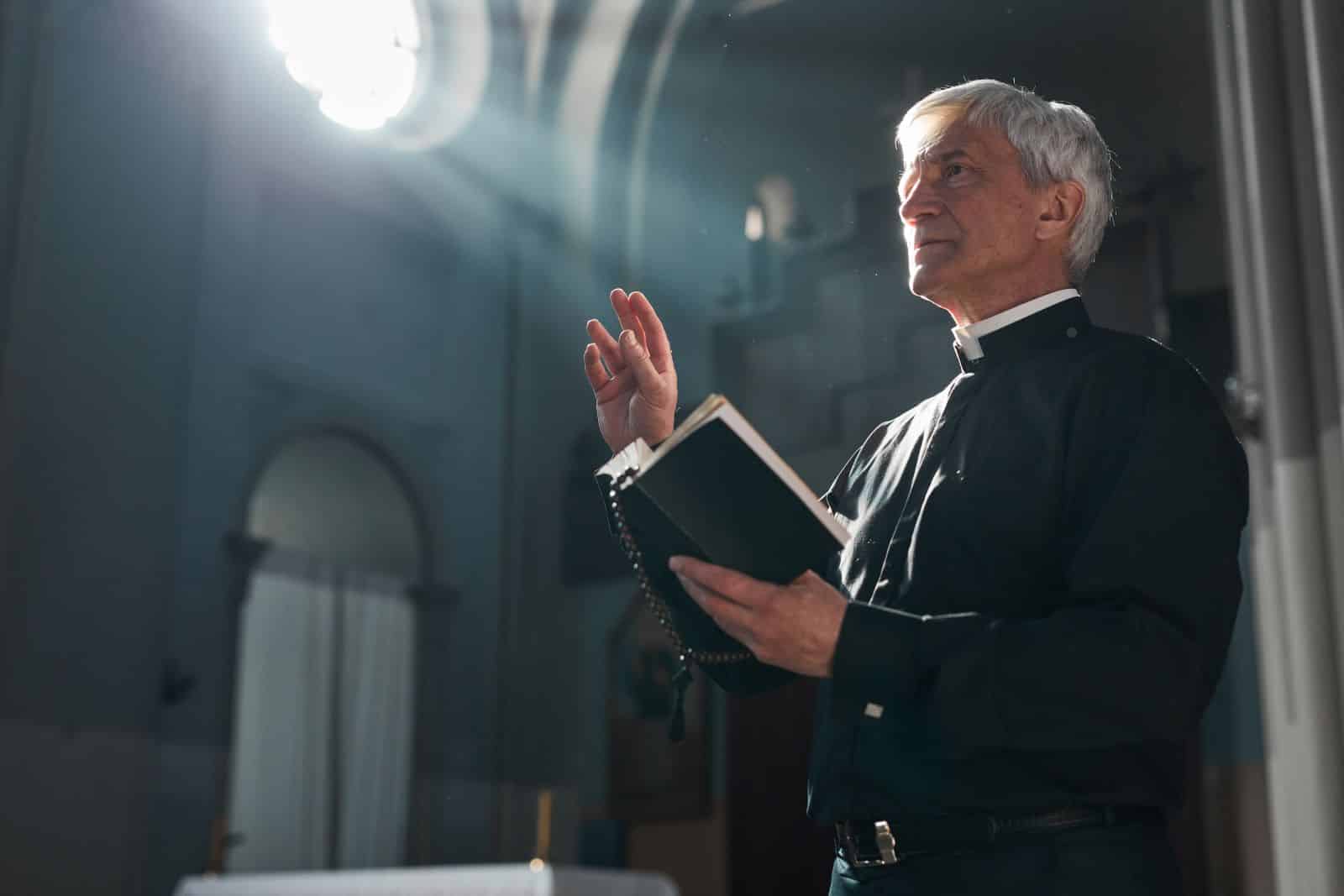
Religious groups often lead opposition to DQSH, citing moral objections based on their beliefs. This has intensified the cultural and ideological rifts surrounding the events.
17. Community Divisions
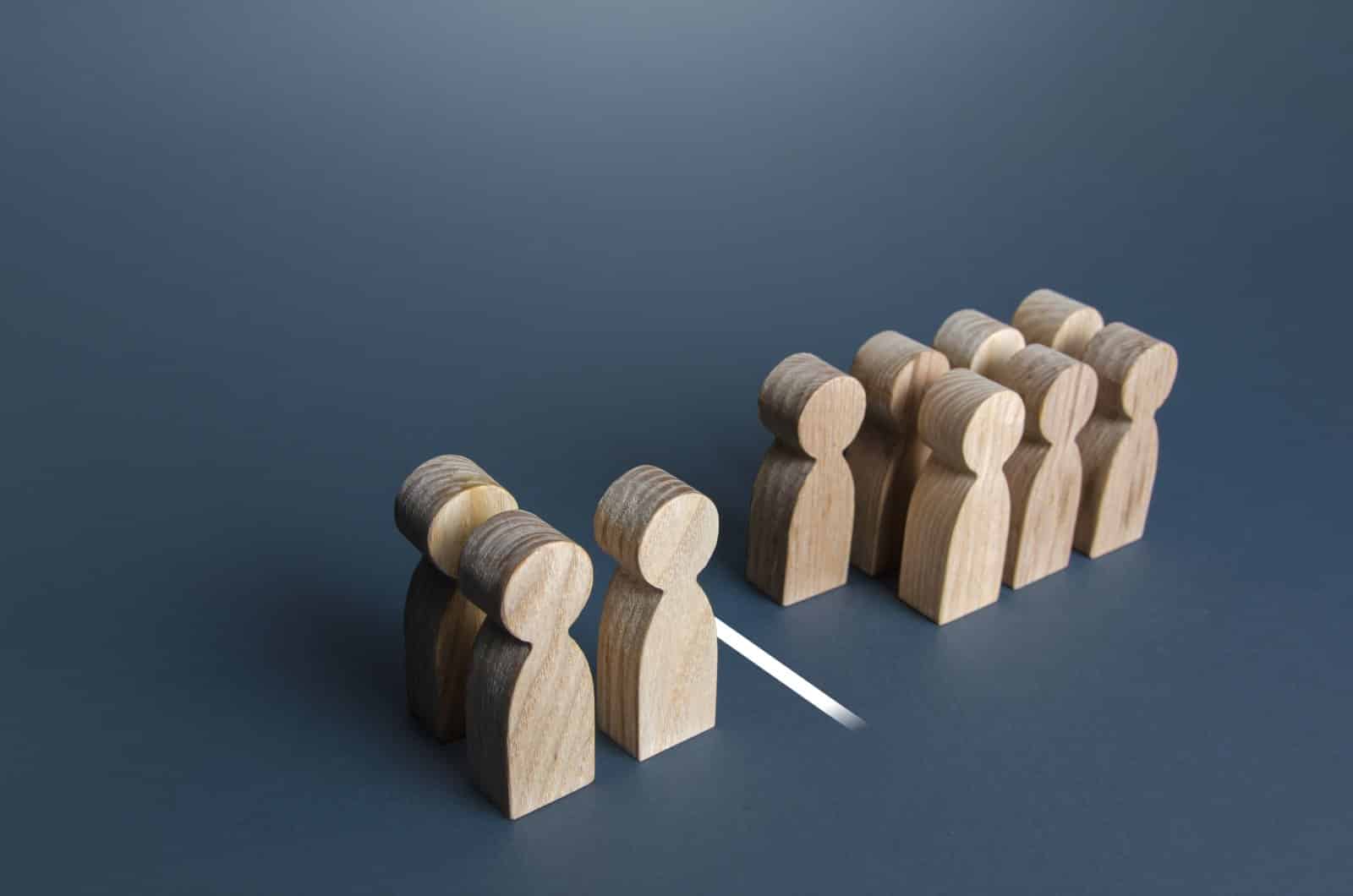
DQSH has led to divisions within communities, sometimes pitting neighbors against each other in debates over values and education.
18. Comparisons to Other Educational Programs

Critics compare DQSH unfavorably to other educational programs, arguing that it prioritizes social agendas over basic literacy and learning.
19. Potential for Long-Term Cultural Shifts
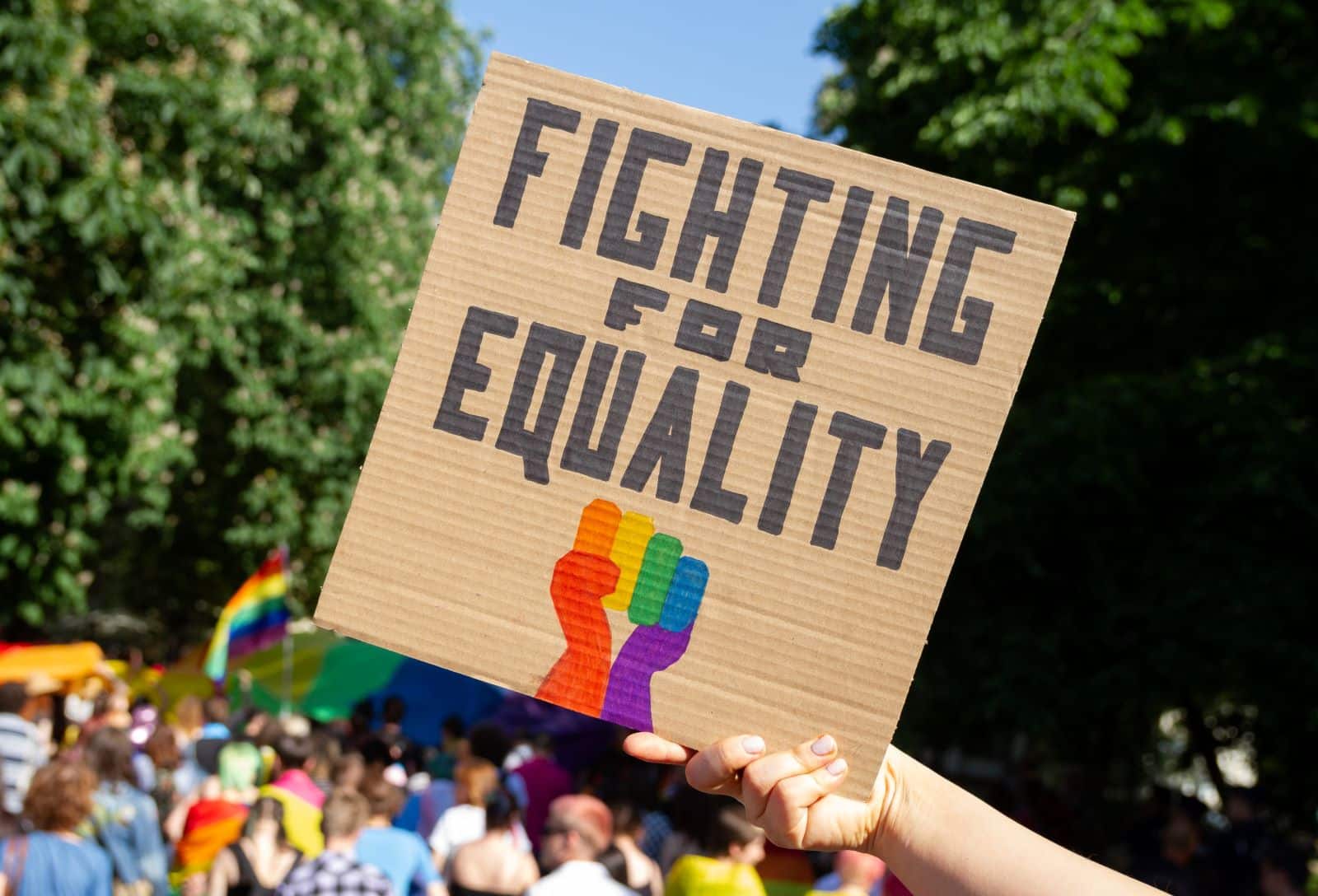
The ongoing controversy over DQSH could signify deeper, long-term shifts in cultural norms and values, particularly regarding gender and identity.
20. Future Prospects
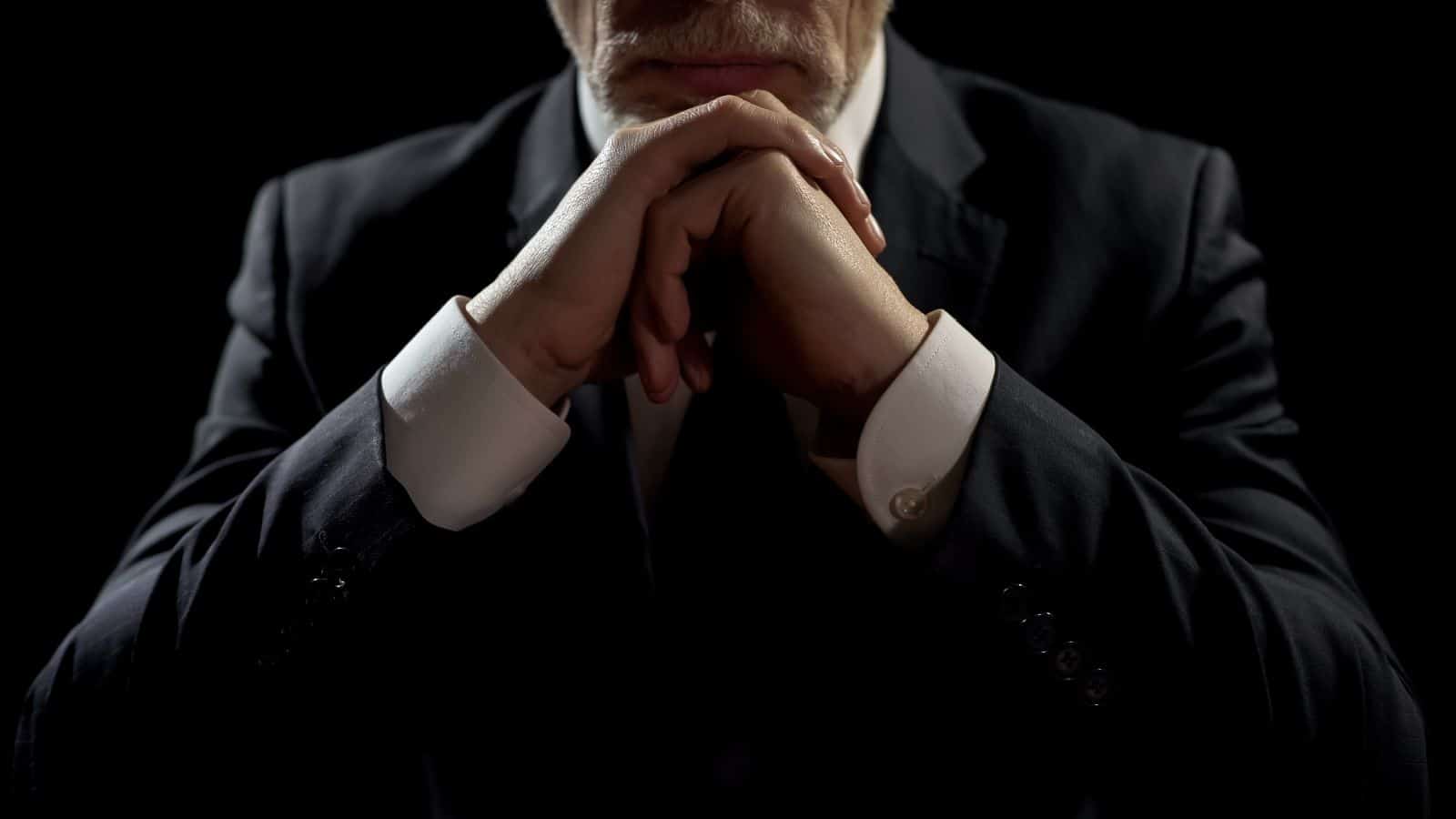
The future of DQSH remains uncertain, with its fate likely tied to broader societal changes and the outcomes of political and legal battles.
Where Do We Draw the Line?
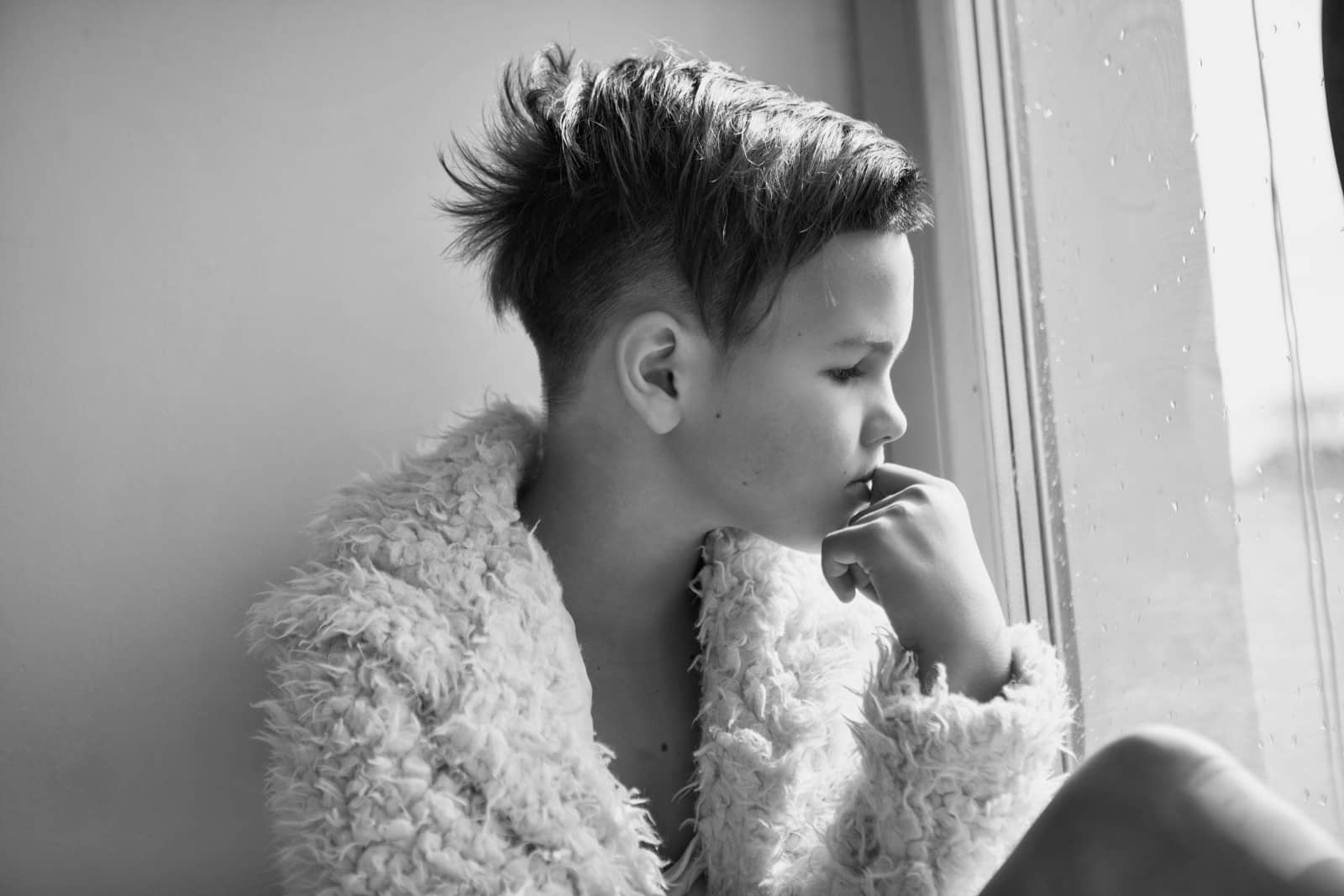
As DQSH continues to provoke debate, the question remains: where do we draw the line between cultural enrichment and community concern? This ongoing struggle reflects deeper tensions within American society, challenging us to reconsider the boundaries of education, inclusivity, and community values.
The post Are Drag Queen Story Hours Celebrating Diversity or Endangering Values? first appeared on Pulse of Pride.
Featured Image Credit: Shutterstock / Doug McLean.
For transparency, this content was partly developed with AI assistance and carefully curated by an experienced editor to be informative and ensure accuracy.

